Winemaking:
The grapes, carefully harvested by hand, are immediately brought to the winery into suitable small aired crates and then destalked and soft pressed. The must is fermented at a maximum temperature of 30?C, that is controlled only through careful and frequent pumps-over. The skins are macerated for about 10 days and when the fermentation is totally completed, that is all the sugar has been transformed into alcohol, the wine is racked off and transferred into stainless steel containers and the vinification process is completed with the malolactic fermentation
Maturation:
This is a very delicate and important operation to obtain a final wine rich of scent with a complete and harmonic flavour, and a very pleasant and long-lasting after taste. The wine is matured for more than 12 months in French oak barrels, some in barriques (225 litres capacity) and the balance in tonneaux (500 litres capacity), all medium toasted. During this period of time it is frequently checked, to control that the high initial acidity is diluted and refined to get a rounder body wine, but preventing it from getting a woody flavour. To this purpose the barrels are carefully selected and normally they all have been already used once
for the maturation of similar wines. This way, these barrels release only the necessary amount of well balancing substances, typical of the these oak, and all the components of the wine are blended harmoniously together. Fining out: a period of about 6 months in bottle completes the production process prior the wine can be released for consumption.
Alcohol:?The minimum alcohol content for the Barbera d?Alba is 12,5%
Serving:
It should be served generously, but never at a temperature below 14 to 16?C or 58?F. It is good in company with fried foods, boiled dinners, ripe cheeses and the traditional bagna c?uda, a rich anchovy and garlic fondue.

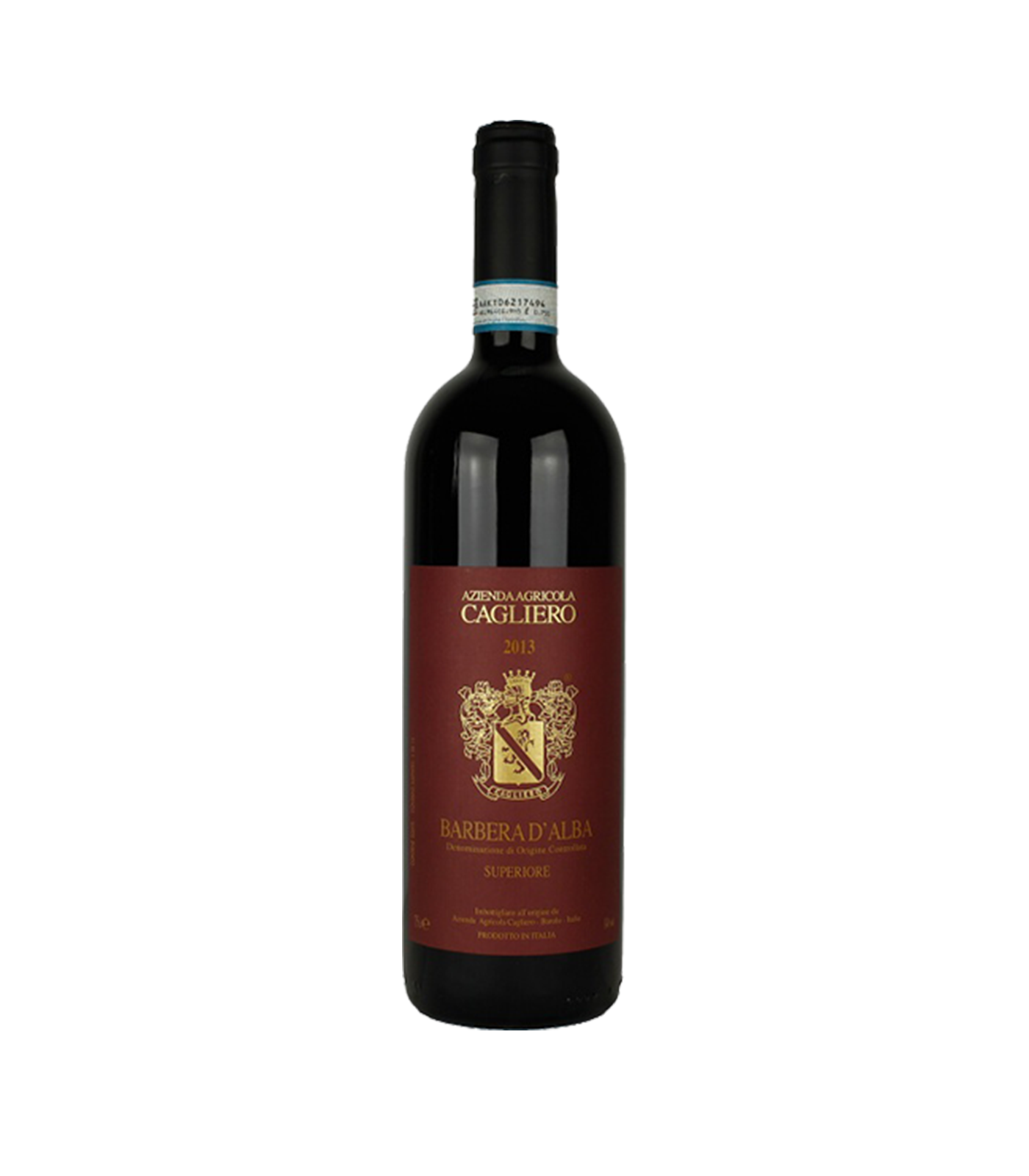
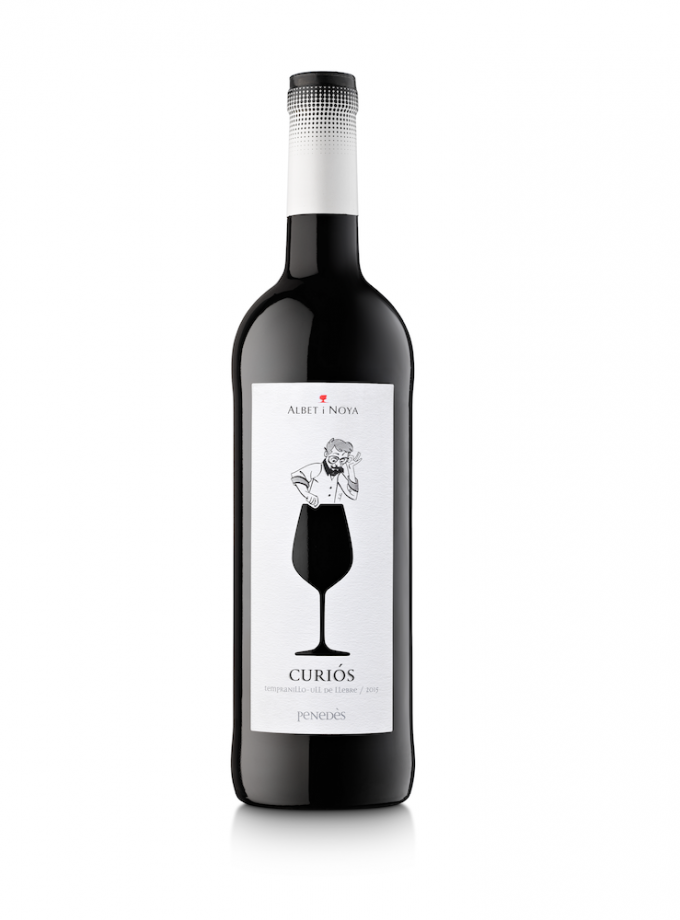
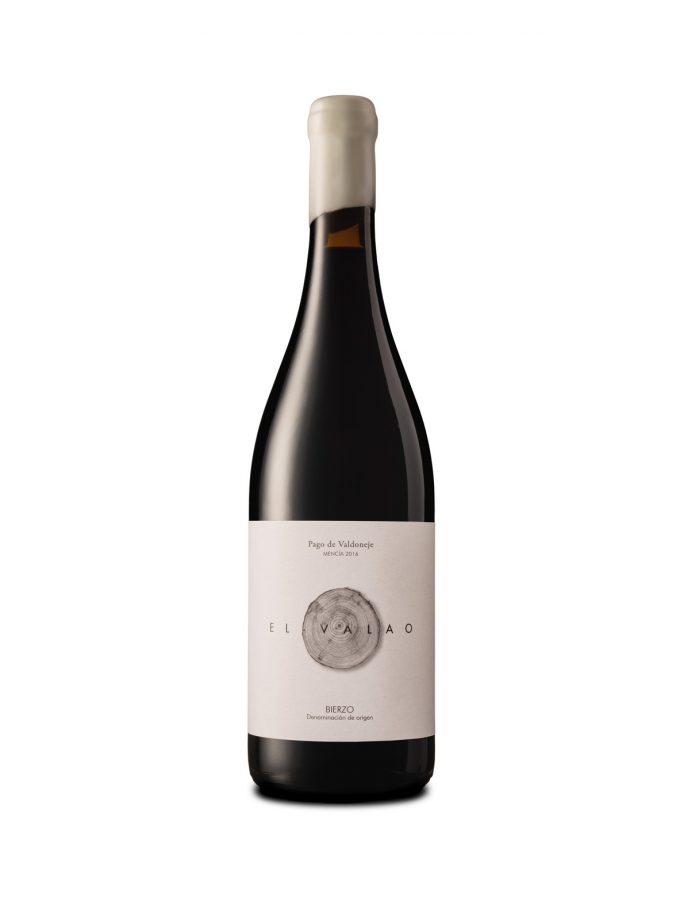

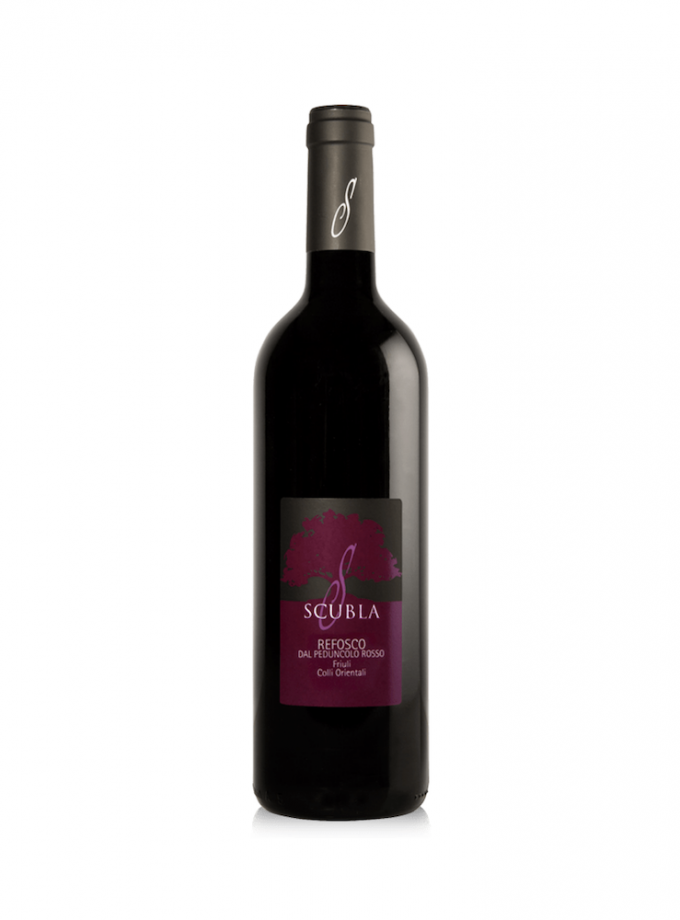

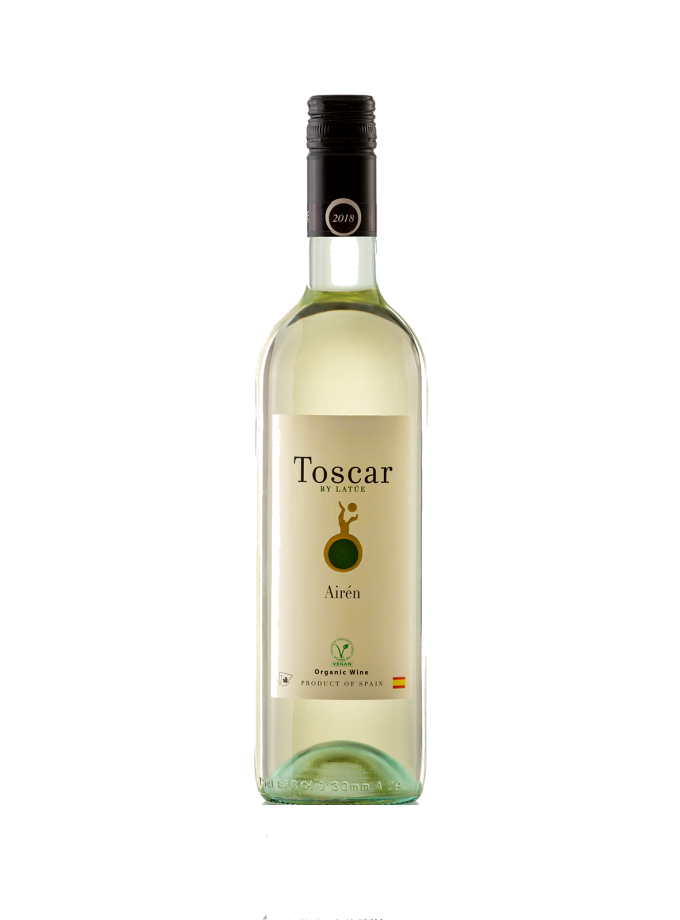
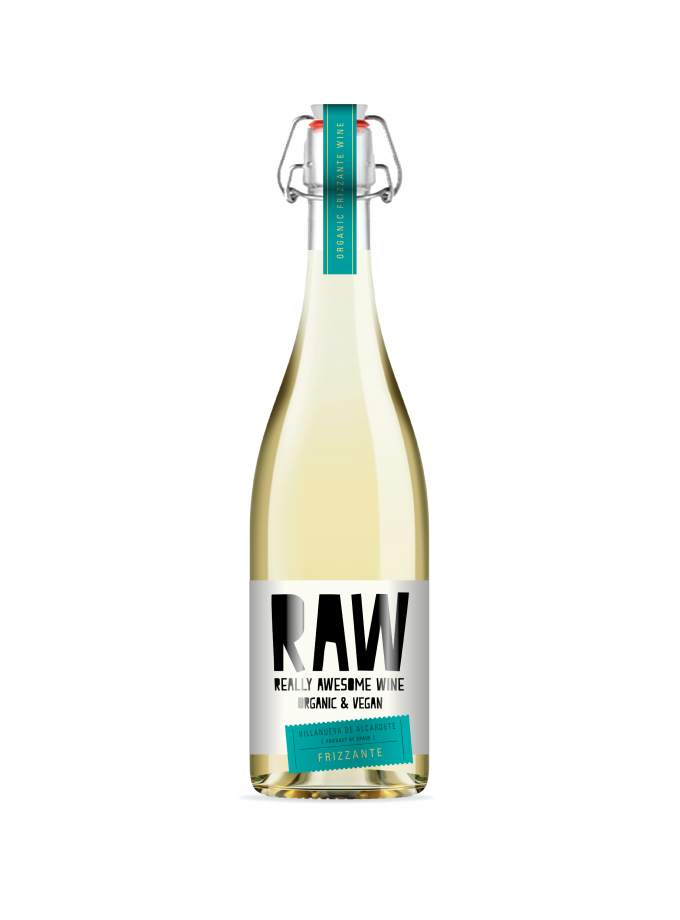
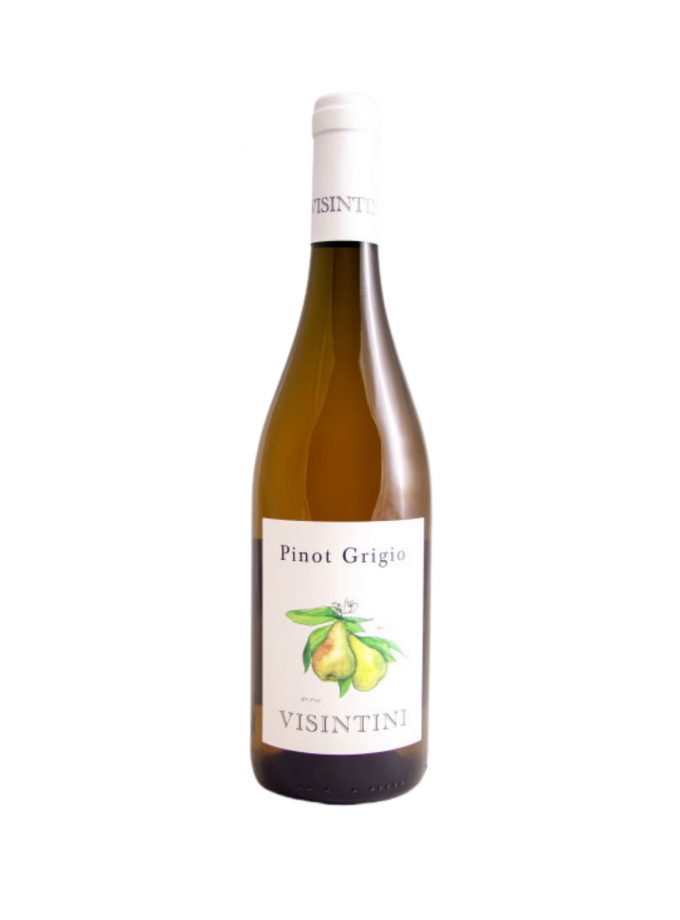
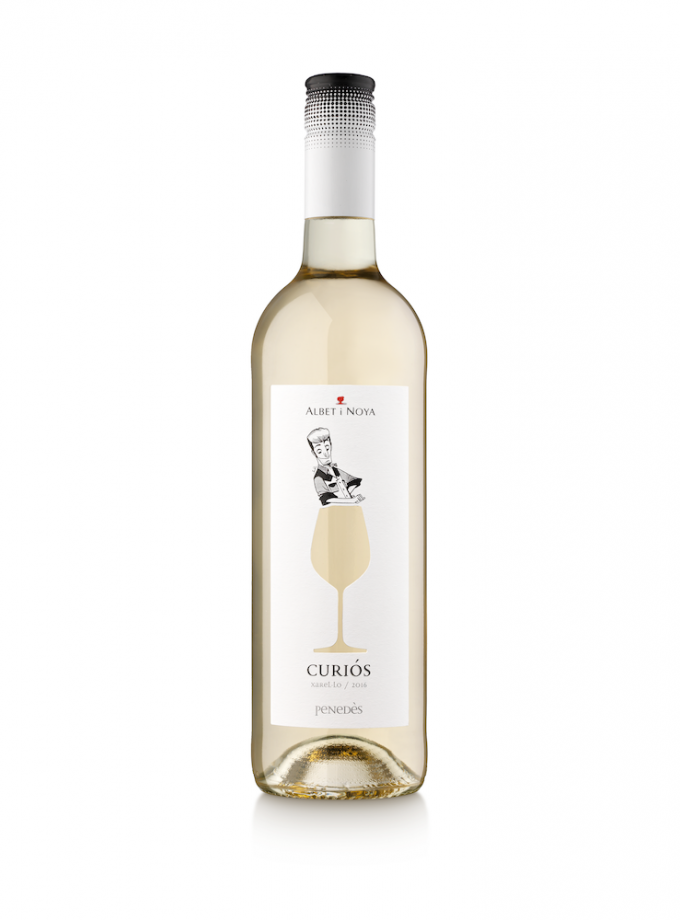
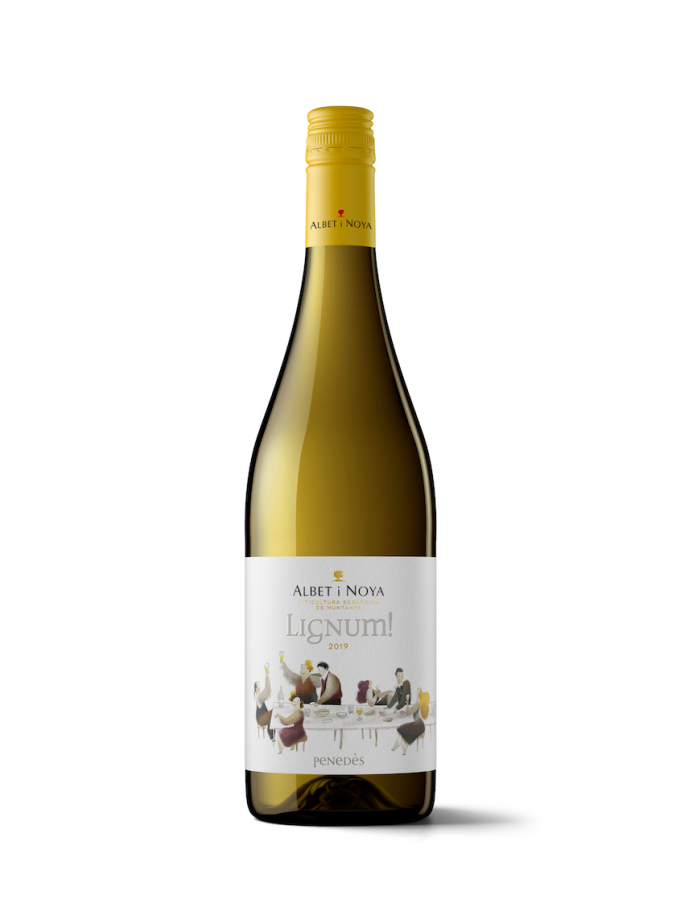
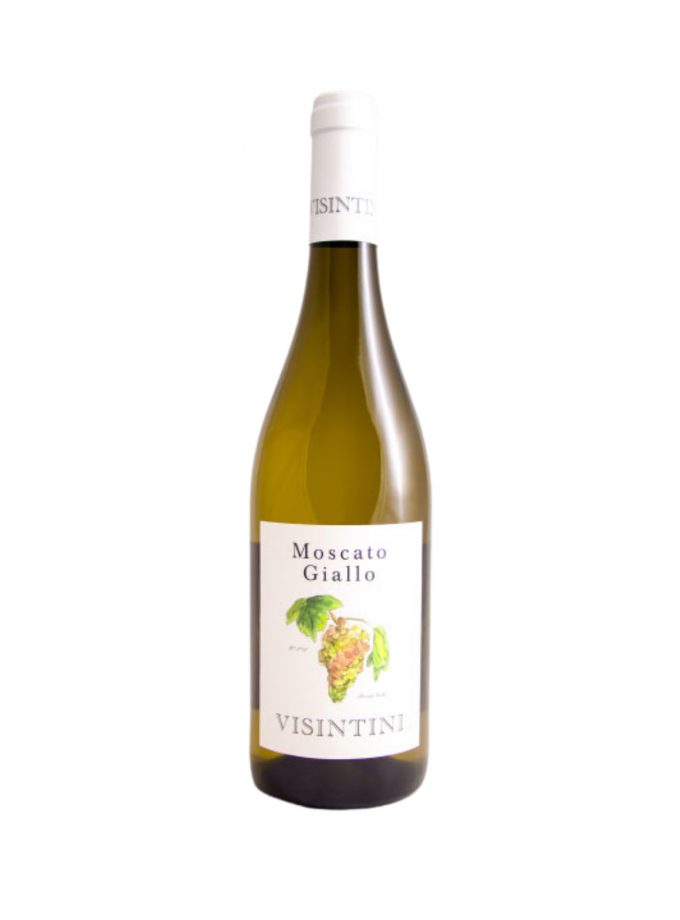
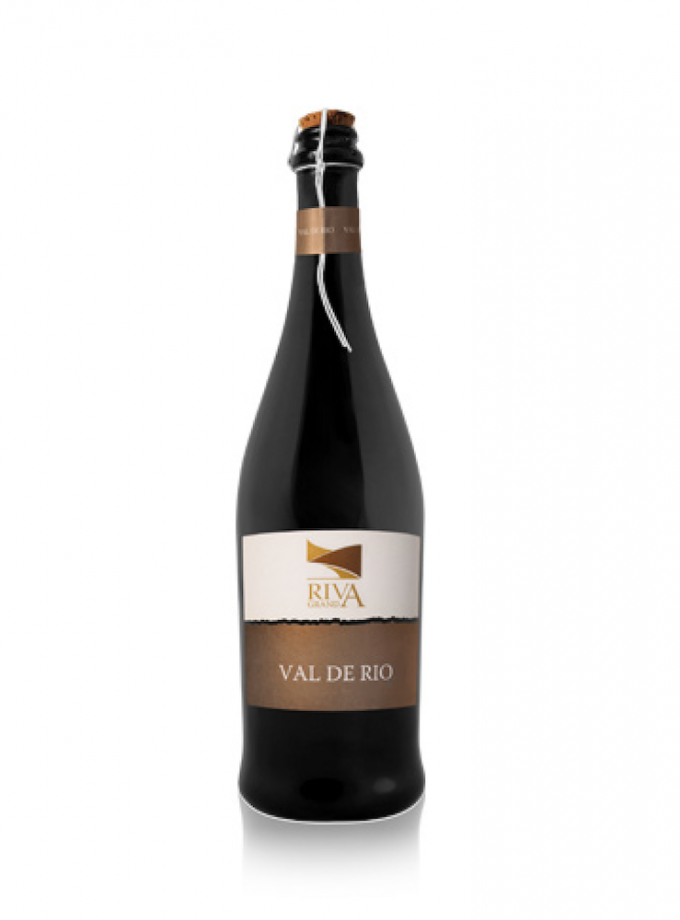

 No products in the cart.
No products in the cart. 
